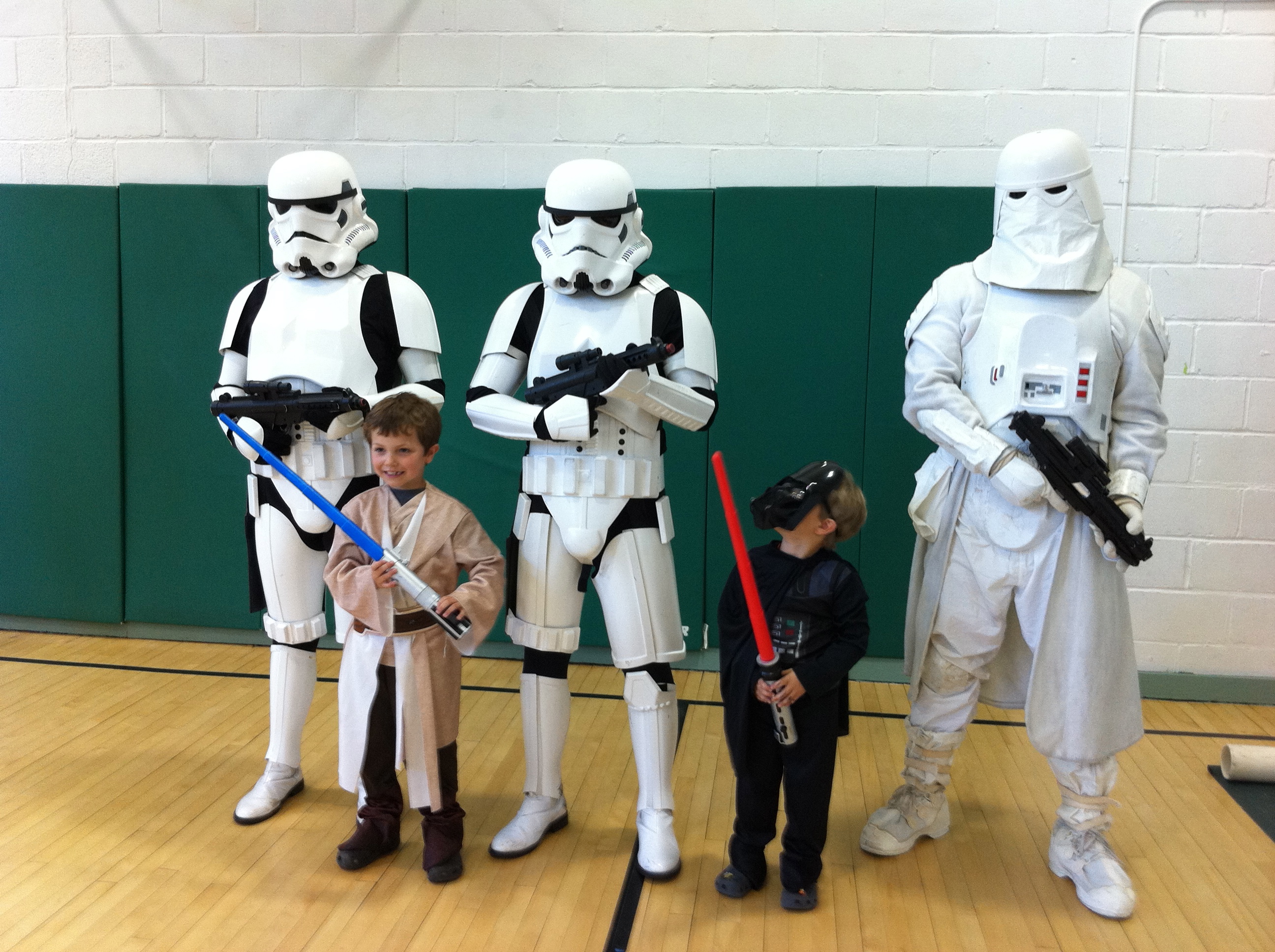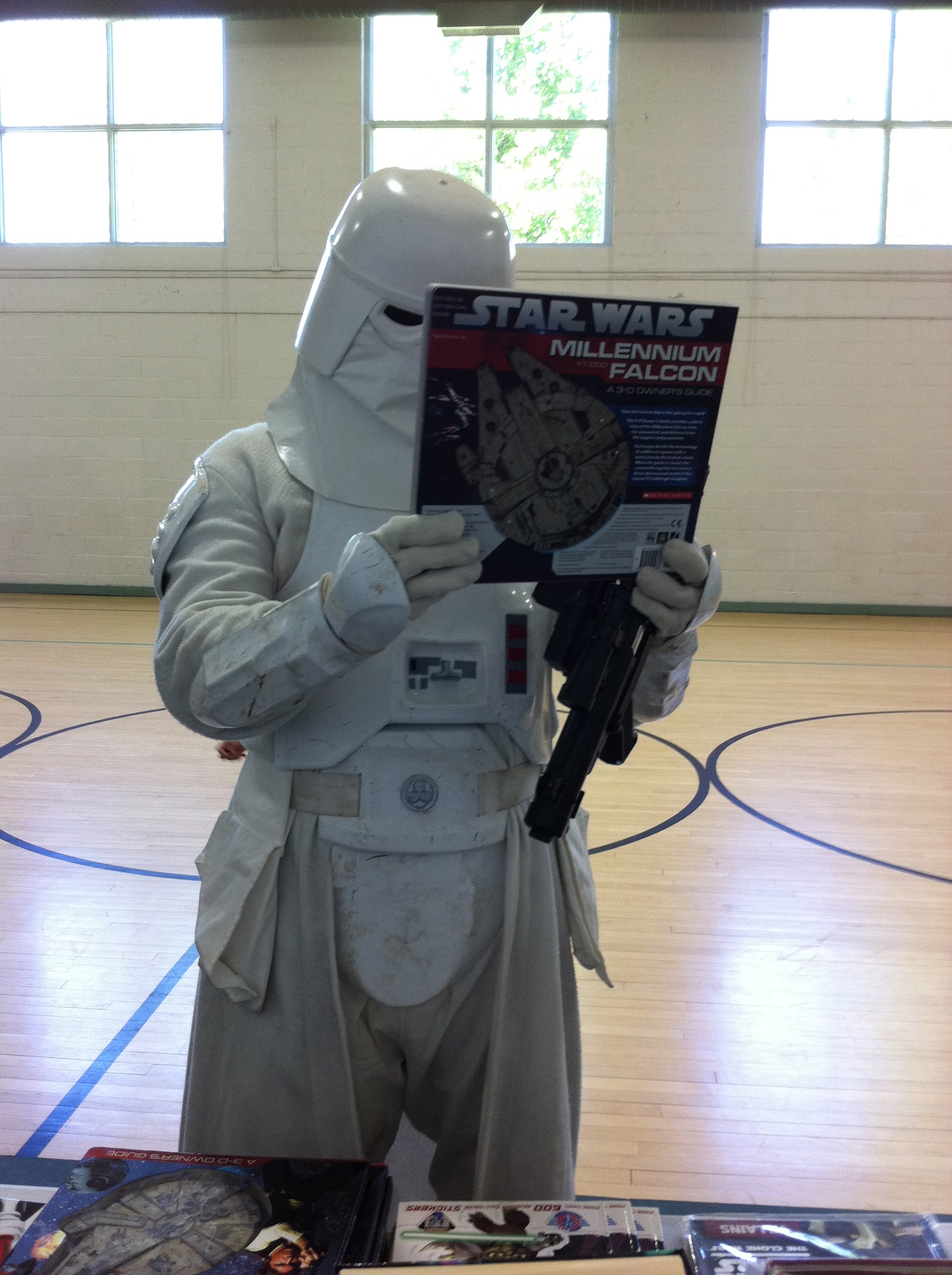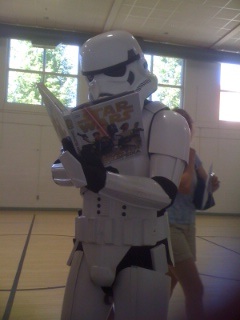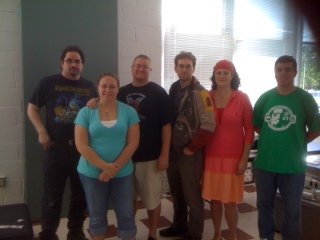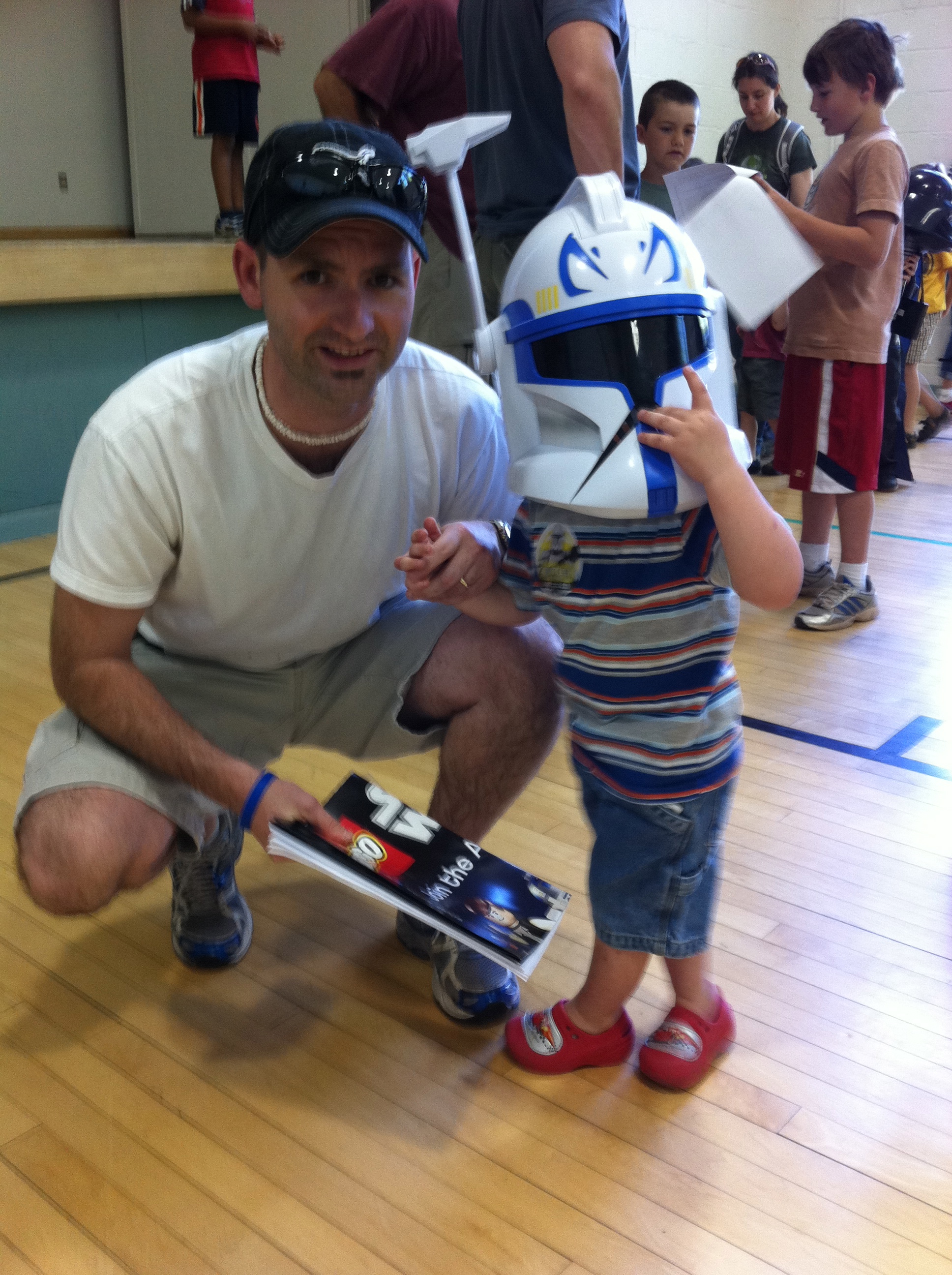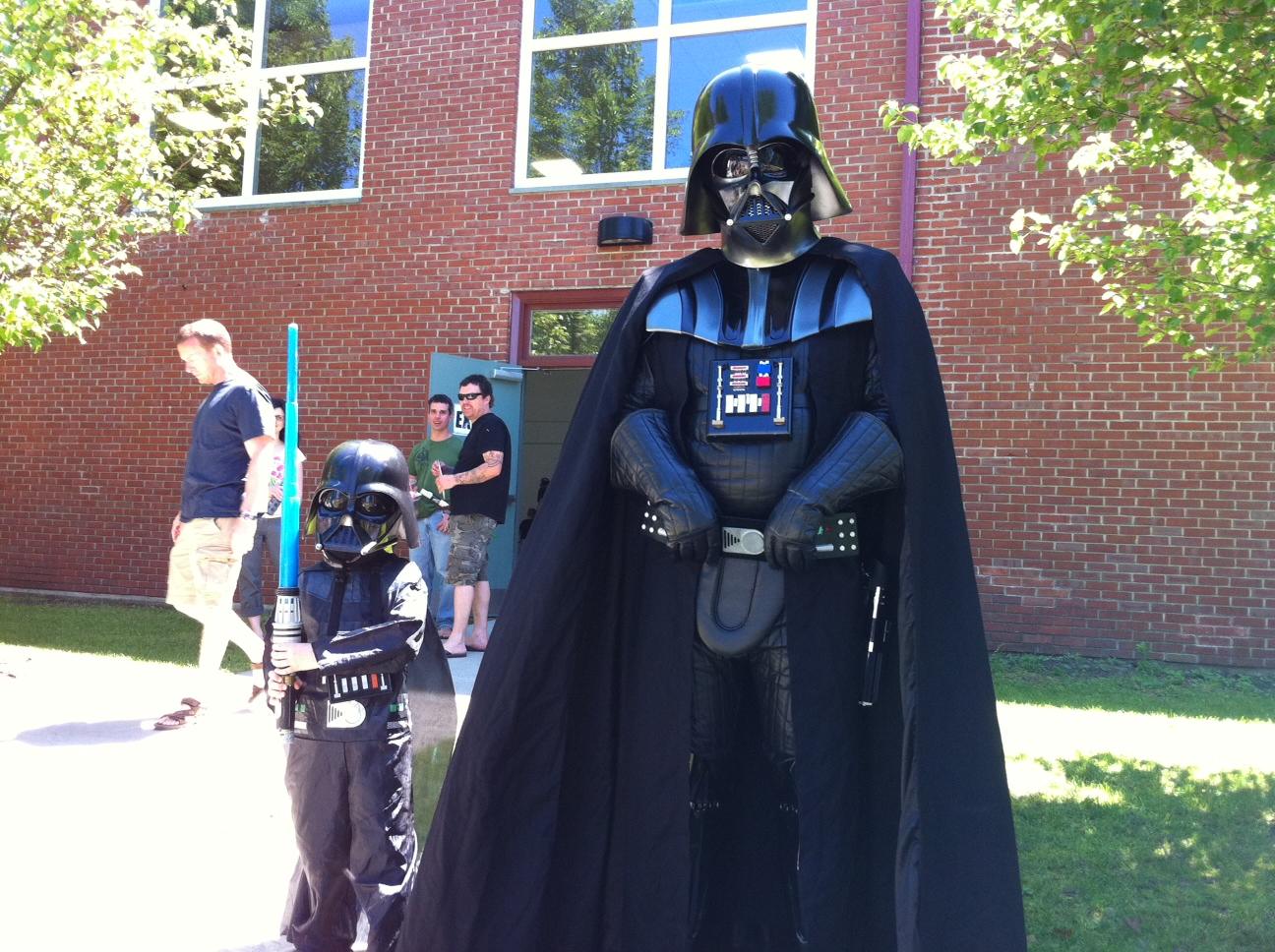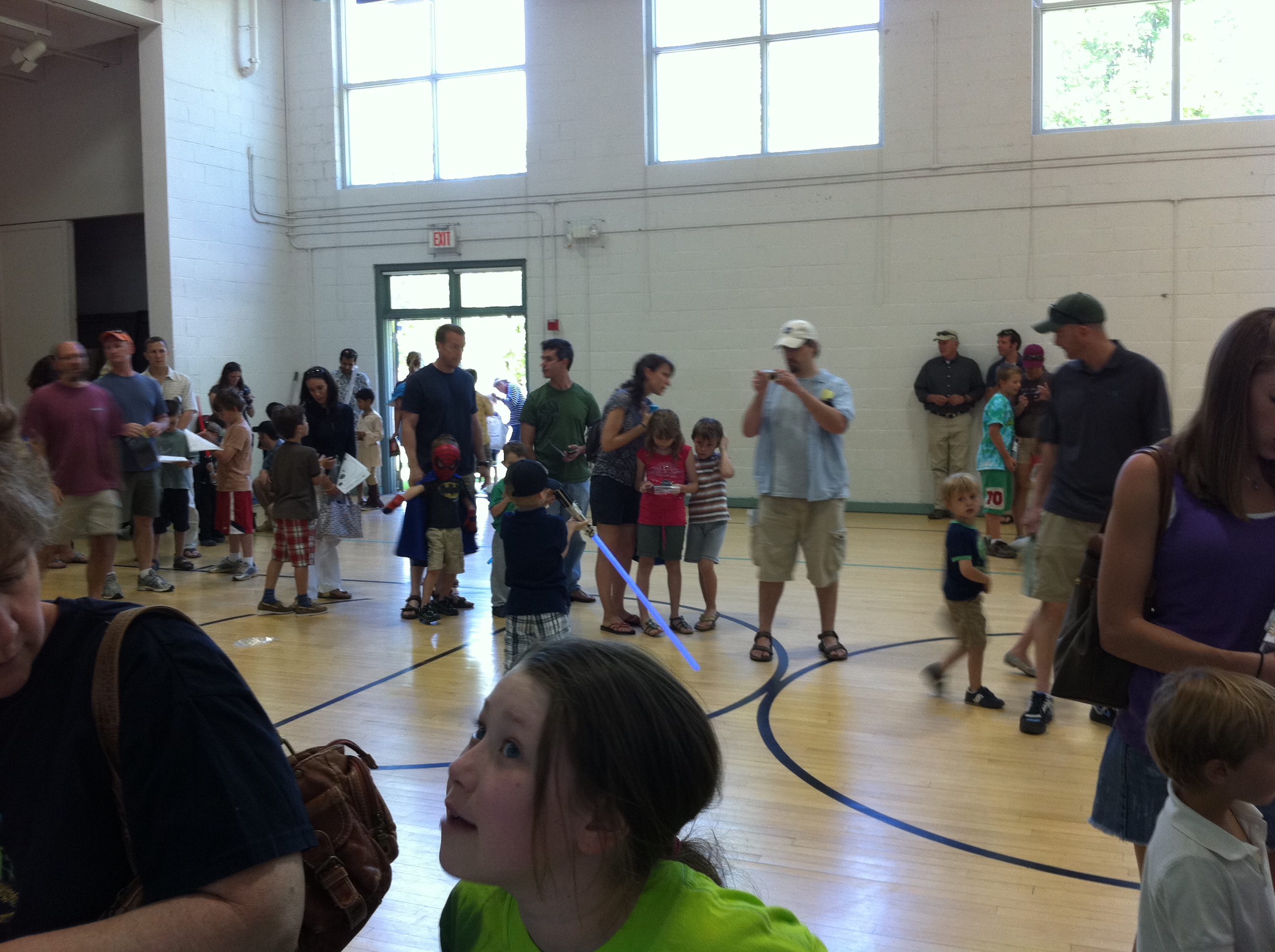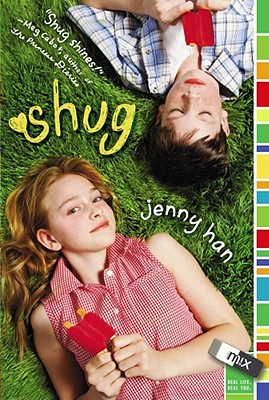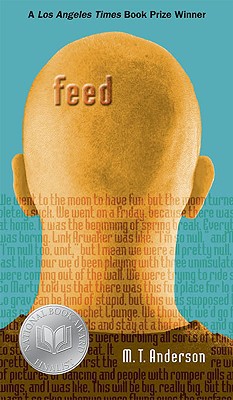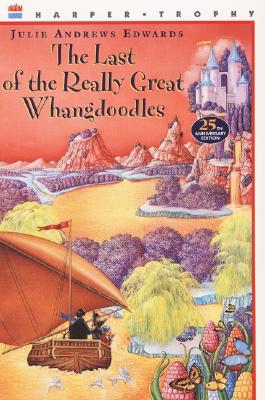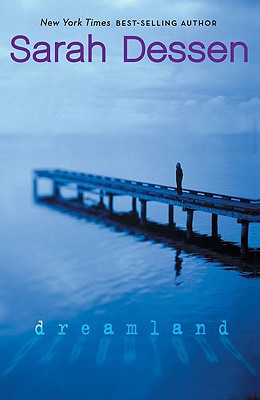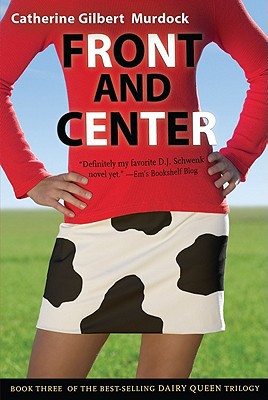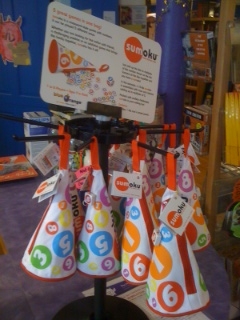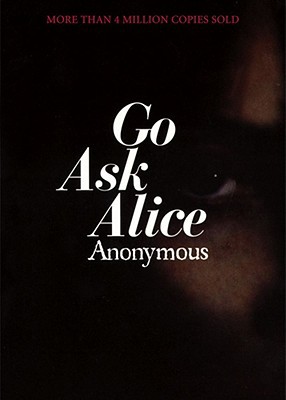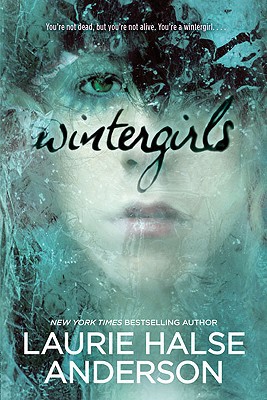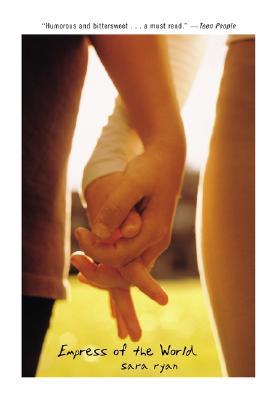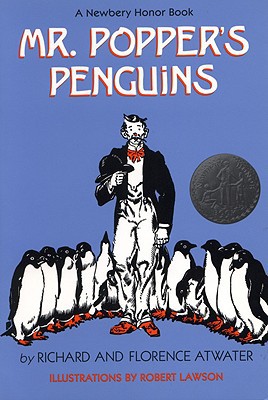If you’re reading this, you’re online — and quite possibly procrastinating. No judgment here; I’m the Internet version of the If You Give a Mouse a Cookie mouse, roaming from one tidbit to the next, from email to Google Maps to Google Earth to some new article about a space discovery to an audio clip of sounds from the stratosphere to the new David Cook single to—whoops, have I said too much?
Writers are particularly susceptible to the temptations of the Internet, since so many of us work on our laptops and do research online. What might start off as perfectly productive research session can quickly morph into “just a few minutes” on Facebook, YouTube, or any number of blogs, articles, or fun opportunities to noodle around creatively. I discovered a program called Freedom, which allows one to block access to the Internet for whatever amount of time you specify. The only problem is that there’s an easy workaround: a simple reboot. Still, it’s like any simple lock: it keeps honest people honest. As long as you really WANT to stay offline, Freedom might be just enough of a deterrent to keep you working.
At a recent writing retreat, I polled a group of authors about their tactics for keeping themselves away from the Internet when it’s time to work. Their responses were so varied that I opened the question to more children’s book authors and artists. Here, for your entertainment and enlightenment, are their get-down-to-work strategies:
Paul Acampora (Rachel Spinelli Punched Me in the Face, Roaring Brook, August 2011)
My dollar store composition notebook, a pack of post-it notes and a pocketful of cheap pens generally keep me Internet-free and productive during my writing time. If I could get the notebook to sync with my Dropbox account, it would be perfect!
Franny Billingsley (Chime, Dial)
[Elizabeth’s note: I have misplaced the slip of paper where I noted my breakfast companions’ responses, but I do remember this one because it is so self-disciplined!] Franny is soon moving to an apartment WITHOUT INTERNET. Enough said.
Cinda Chima (The Gray Wolf Throne, Hyperion, August 2011)
I have several strategies:
1. I put off online stuff until afternoon, after I have several hours of writing completed. There just aren’t that many writing/promotion emergencies that can’t wait a few hours. I mean, this isn’t the urgent-care helpline. If I get online first thing, the morning is shot.
2. I move to a different place to write. I used to go to a cafe that didn’t have Internet access, but now they almost all do. Still, there’s something about relocating that tells me, You’re at work, now! You can’t be getting online.
3. Most of my online stuff is writing-related, and that can be more dangerous than playing games, etc, because you can tell yourself you’re working. I set daily word goals, and my online posts/comments DON’T count.
4. I try to resist jumping online to research something in the midst of a writing session–say, brands of electric guitars. I just use a place-holder and move on. For example, NAME OF GUITAR, knowing I can go back and research that later.
Now I better get offline and back to revisions.
Sue Corbett (The Last Newspaper Boy in America, Puffin)
Signing off FB right now. Thanks for the nudge.
Karen Day (A Million Miles from Boston, Wendy Lamb Books/Random House)
When I’m trying to write and avoid the Internet, I play games with myself. I must not look at the Internet for 15 minutes! Or 20 minutes! And then I reward myself by checking Facebook and/or e-mail. I do the same thing to avoid eating!! Just 20 more minutes and then I can raid the refrigerator. I also get up early to write (5:30). I am the least distracted at this time of the day. I also know that it’s so early that I haven’t missed much online!
Elizabeth O. Dulemba (Soap, Soap, Soap / Jabon, Jabon, Jabon, Raven Tree)
What? What? Did you say something? Can’t talk… too busy working… : )
Michelle Edwards (A Knitter’s Home Companion, Stewart, Tabori, & Chang)
I have two computers in my studio. I write on my laptop with Internet button off and my back to my desktop’s screen. I never write with music on, and usually I wear earplugs. Someday, I try to stay off entirely, then there’s always a sweet calmness that sets in midday–an oasis of calm.
Gail Gauthier (A Girl, a Boy, and Three Robbers, Putnam)
We have a laptop in our bedroom, and I sometimes take a flash drive with a WIP on it up there because we don’t have Internet access in our bedroom. Unfortunately, there are some games on that laptop. And our son set us up with wireless access, bless his heart, so now that laptop can access the Internet. Right now I don’t know how to do it, so I still have that. But I don’t know how long that will last.
Deborah Heiligman (Fun Dog, Sun Dog, Marshall Cavendish)
hysterical laughter.
……..
I thought I was going to give you a great and reasoned response… but I imagine others have. Can’t wait to read the article and get some tips…
Marcia Thornton Jones (Ratfink, Dutton)
I schedule online distractions throughout the day (before starting work; mid-session break; lunch; post-lunch mid-session break; after work break). I’m not always perfect, but by logging off and closing search tabs I can more easily focus on forward writing progress.
On the other hand, I’ve found that when my writing is stalled, online distractions actually offer a much-needed break. While my conscious mind surfs, my subconscious mulls over whatever has me blocked.
On days when I’m not really blocked, but I’m just feeling lazy and undisciplined, I set small goals with online time as a reward.
And when all else fails…I nap!
JD Lester (Grandma Calls Me Gigglepie, Robin Corey Books/Random House)
how do i keep myself off the Internet? like anyone else, i suppose. duct tape, gorilla glue, booby traps and the like. none of it works, though.
Sarah Darer Littman (Want to Go Private? Scholastic, August 2011)
I make sure to turn off my Twitter and Email client programs. Also, I make a highlighted (INSERT GOOGLEABLE THING HERE) note and scribble (hopefully legibly) on a notepad a list of things I need to look up on the Internet later instead of stopping to start research that one particular small thing, which will prove so incredibly fascinating that I have to go to the next web page to research some more and then the next and *SQUIRREL!!!*
Kate Messner (Marty McGuire, Scholastic)
We build a “writing room” in the back of the house last summer. You can’t get to it without stepping outside first, which was intentional. And…it has no wireless. Which wasn’t intentional but is really kind of wonderful. When I’m writing and think “Oh, I’ll just pop online and look up one quick detail…” I have to decide if I really need to check right that second, which means going back into the main house and upstairs…or if I could make a note, keep writing, and check later. I’m sure it saves me lots of time – because who ever really checks “just that one thing” without then drifting into email and Twitter and whatnot? I end up writing without interruption during my writing time and then looking things up all at once later on.
Wendie Old (The Halloween Book of Facts and Fun, Albert Whitman)
I move to a different spot for serious writing.
Upstairs is my desktop computer which I use for everything — writing, email, Internet, games, whathaveyou.
I have a comfy chair in the living room with a small table in front of it where the laptop is stationed. It’s my alternate office. My laptop computer is for writing. There I do no email, the Internet is for research only, and I write. Until my body rebels and I have to change position, again (get a snack, pay bills, do something else and not write). The living room also holds my husband’s desk and computer and my granddaughter’s desk and computer. The family that computes together….)
I bounce between the two computers. The change of scene (from my office to the living room) also prevents me from getting bored with the writing project that I HAVE TO get done. All my work is in Dropbox, so the only thing I have to remember to do is to close what I’m working on before I move to the other computer.
Traveling is a whole ‘nother ball game….
Cynthia Jaynes-Omololu (Dirty Little Secrets, Walker/Bloomsbury)
Word count. It’s a numbers game. I tell myself that if I finish 1,000 new words then I get to mess around on the Internet for half an hour. If I don’t put any limits on myself, I can waste an entire day refreshing email, Tweeting, Facebooking, Stat Countering, on the Verla Kay Blueboards and then starting all over again in a punishing loop.
Ammi-Joan Paquette (Nowhere Girl, Walker, September 2011)
I know that Internet distractions aren’t something I can cut out altogether, but it’s also a habit that can very easily grow out of control. Early on, I made some decisions about which sites or hotspots were most important to me to keep up on—whether for personal or work-related reasons—and which ones were less relevant. I then saved my essential two or three sites into shortcuts (by dragging the link onto my toolbar), so they’re easily accessed with one click. The others are all stored deep in subfolders of my Favorites menu. This makes it easy to keep up with the sites that are truly important to me, giving me that sense of connectedness that I need, while stowing the others out of everyday use, for days when I have longer to spend or want to reward myself with some heavy-duty web immersion.
Rosanne Parry (Second Fiddle, Random House)
The benefit to living on the west coast is that if my editor or agent has something they want from me, it’s in my inbox by 7am. So first thing in the morning is my time to deal with email–an added bonus, my teenagers are happy to have me distracted and not mothering them on the way out the door in the morning.
Once the email is done I just turn the airport off while I work. If my kid’s teachers have something I need to see, they’ve usually gotten in touch by noon, so I take a look at email again while I eat lunch. If I’ve found a detail I need to research in the morning writing I’ll leave the airport on in the afternoon to look up what I need.
Once my kids are home from school, I’m busy taking them from place to place and often waiting in a room with no Internet, so it’s back to distraction free writing in the late afternoon. If I’ve had a productive writing day (and sometimes even if I haven’t) I indulge in blog reading in the evening. That’s also when I update my website, add to my Goodreads page, and write posts for the Mixed Up Files of Middle Grade Authors blog.
Leda Schubert (Reading to Peanut, Holiday House, August 2011)
1. I play no games at all, ever. Not even solitaire.
2. I limit Facebook time to 10 minutes a day, and I don’t allow any of those whatever-they-ares that require you to release info (apps? I have no idea). I de-activated the chat feature as well. (And I remind myself that I don’t want corporations to own any more of me.)
3. I don’t have a cell phone. The main reason is we don’t get reception, but it helps not to have one at all, anywhere.
4. Our connection, even though it’s broadband, is so slow that I can’t watch Youtube unless I have infinite patience, which I don’t.
5. I constantly remind myself of what’s really important to me. On my deathbed, will I be happy that I spent so much time online? Doubtful. Seriously doubtful.
6. Still, I do a lot of research for this and that. I’m not pure and good. If I’m really writing hard, I disconnect, which I can do with one click (and no program necessary).
Curious to hear what others do! We all need help.
Janni Lee Simner (Faerie Winter, Random House)
I’ve never found any way to keep myself offline except by brute force. I’ve downloaded various programs to block Internet access for a set length of time, but I’m just enough of a geek that within a few hours I figure out how to circumvent them. Better to forgo that distracting intellectual challenge and simply to force myself to hit the “off” switch on my wifi–ideally early in the day, before I even have a chance to start web surfing.
Jennifer J. Stewart (The Twelve Days of Christmas in Arizona, illustrated by Lynne Avril, Sterling)
A mother lode of guilt is working for me. No one thousand words equals no email/Internet. Not signing on until later in the day means I focus better on what I’m writing.
Pamela C. Swallow (Groundhog Gets a Say, Putnam and Puffin)
I have a few strategies to keep myself on task and off the Internet:
1) I set a minute timer for 45 or 60 minutes and promise myself to keep my seat in my seat until the bell goes off. No Internet allowed during that time.
2) I unwrap a Tootsie Pop and swear to myself that I will stay in my chair working on my manuscript until the Tootsie Pop is finished — the rule is that I may not bite into it–only lick until the very end. This can take approximately 30 minutes.
3) I use a laptop to work on my books. I do not connect it to the Internet. In order to look at the Internet or get email, I have to go to a different computer.
Chris Tebbetts (Middle School, The Worst Years of My Life, with James Patterson; illustrated by Laura Park, Little, Brown)
Having tried your own suggestion — Freedom software — and finding it too easy to foil (with a simple re-boot of the computer), I now send my ethernet cable off to work with my husband on most days. It’s both highly effective, and a kind of sad commentary on my own lack of will power, Internet-wise. The interesting side effect, though, is that when I get the cable back at the end of the day, I find my usual “need” for surfing the net and checking email is much less pronounced than it might be during my workday. In any case, I’ve found that my best bet is to completely remove the temptation from the house.
Deborah Underwood (The Loud Book, Houghton Mifflin)
I sometimes resort to Freedom, which disconnects you from the Internet for a given period of time. (You can get around it, but only if you reboot your computer.) Or I look for a cafe without wireless. I wish I were strong enough to stay offline on my own; alas!
Carrie G. Watson (Quad, Razorbill/Penguin)
Loved this question you posed on FB about how authors bribe themselves to stay off the Internet. Does that really happen? Jeez, when I’m writing I actually have to be bribed to get up and do things like laundry and, y’know, go to work. I do check my email and FB once in a while as I’m writing, but my writing time seems to correspond to when most of my peeps are working, so FB is usually pretty quiet and not a distraction. Does this make me an anomaly? Do most of your writer-peeps have to make secret, backroom deals with themselves to get off of FB and outline that plot? I had no idea this was going on!
Elizabeth Winthrop (Counting on Grace, Random House)
I have two desks. At one, I do all business work, at the other creative work. As long as I start the morning (often before breakfast), at the creative desk and stick to my rule of no email or web on writing mornings, then the writing happens…I can have coffee, chocolate, I’m allowed to knit while I stare at the screen, I can walk around, I can eat, I can even answer my landline (which rarely rings anymore) but I MAY not check email or troll the web. The book I’m working on requires research (they all do, even the picture books) so on those mornings I make an old-fashioned list with a pen and paper and do that research later, once the writing is done. I’ve found I can last about 2 and 1/2 hours before I cave in. The Internet has become for many people, myself included, not just a distraction, but an addiction.
Anne Ylvisaker (The Luck of the Buttons, Candlewick)
This is a great subject. I can’t wait to get tips from others. The Internet is such a time sapper. My last resort measure (when I’m really self-discipline-impaired) is go to my auto-office: I drive to the parking lot at the ocean, where there is no chance of picking up a wireless signal, and work on my laptop in my car with the windows down.
Jane Yolen (The Day Tiger Rose Said Goodbye, illustrated by Jim LaMarche, Random House)
I use the Internet, FB, Boggle as the carrot. Write another chapter and you can play–that’s my sort of thing.


